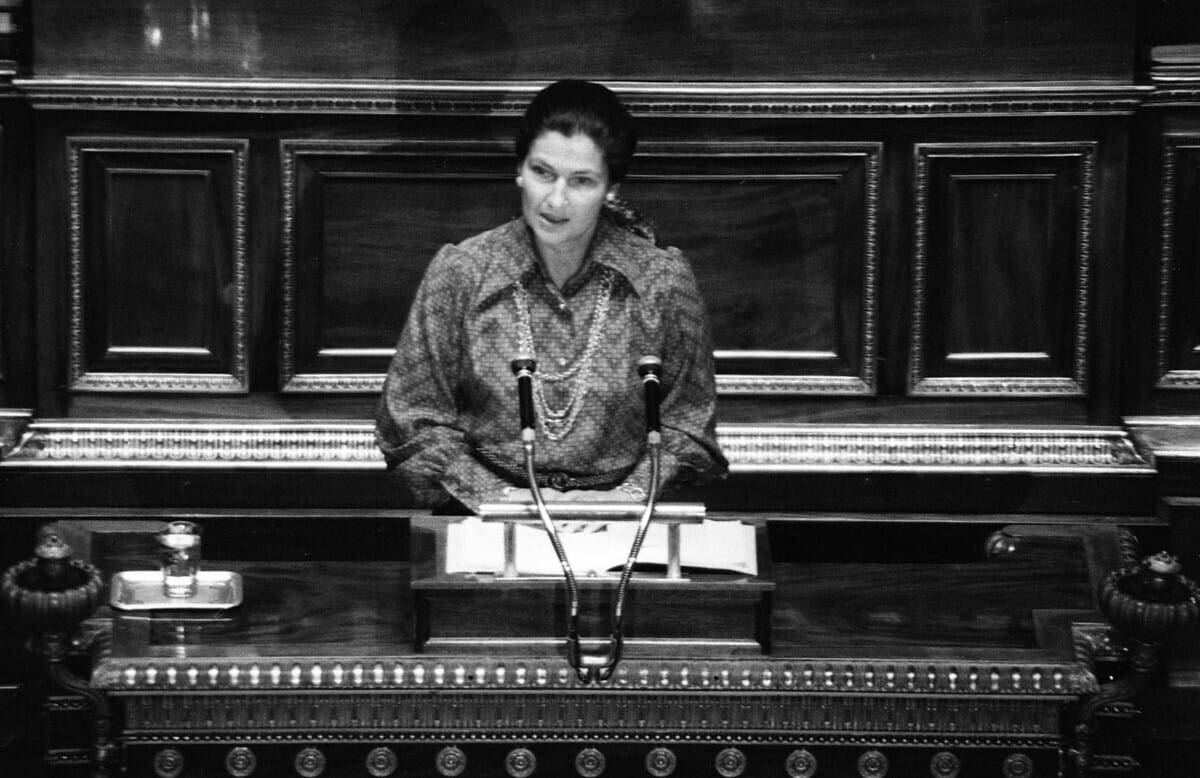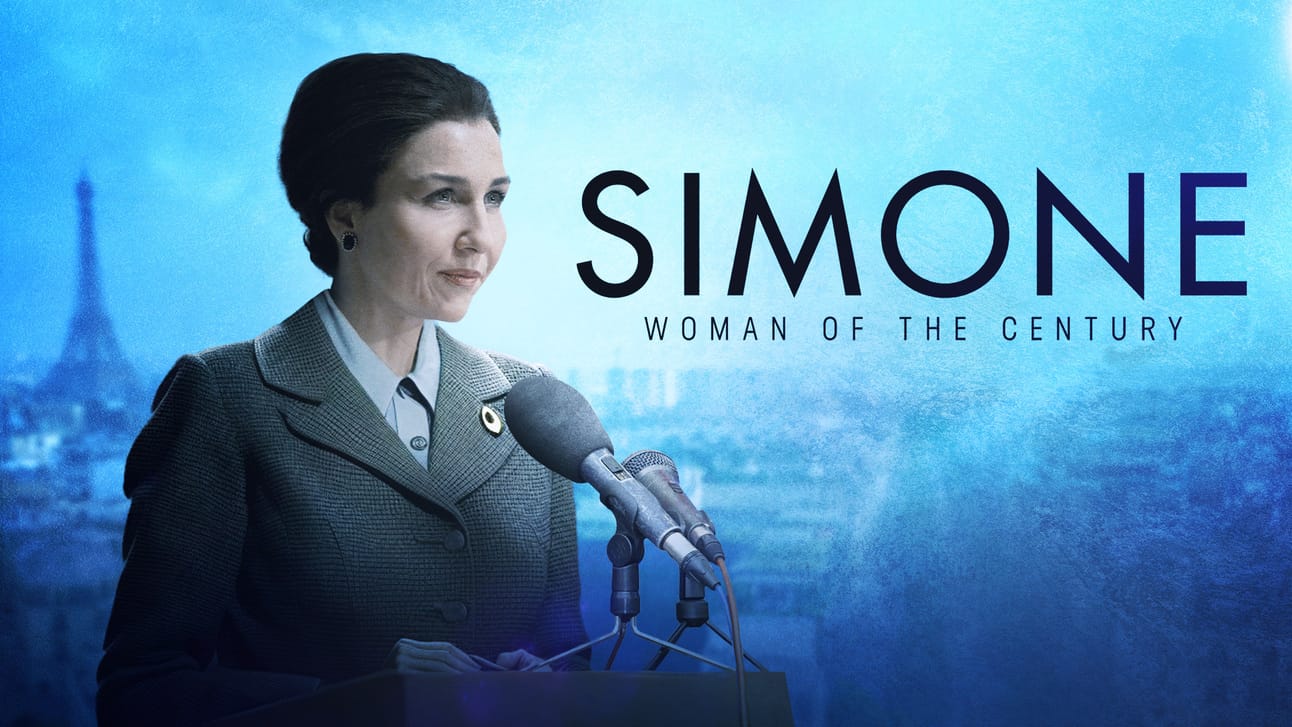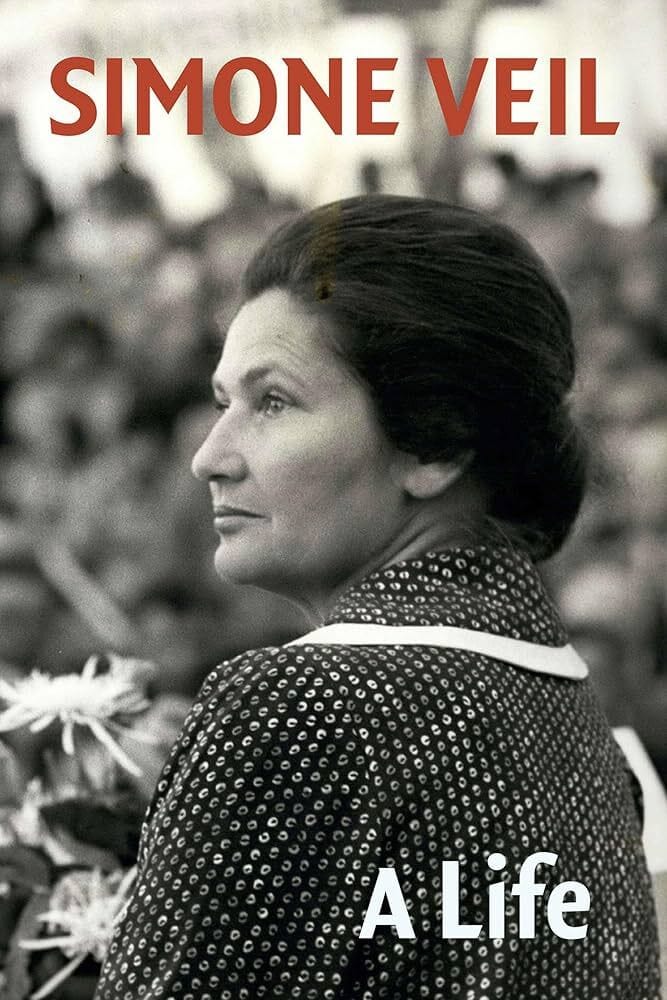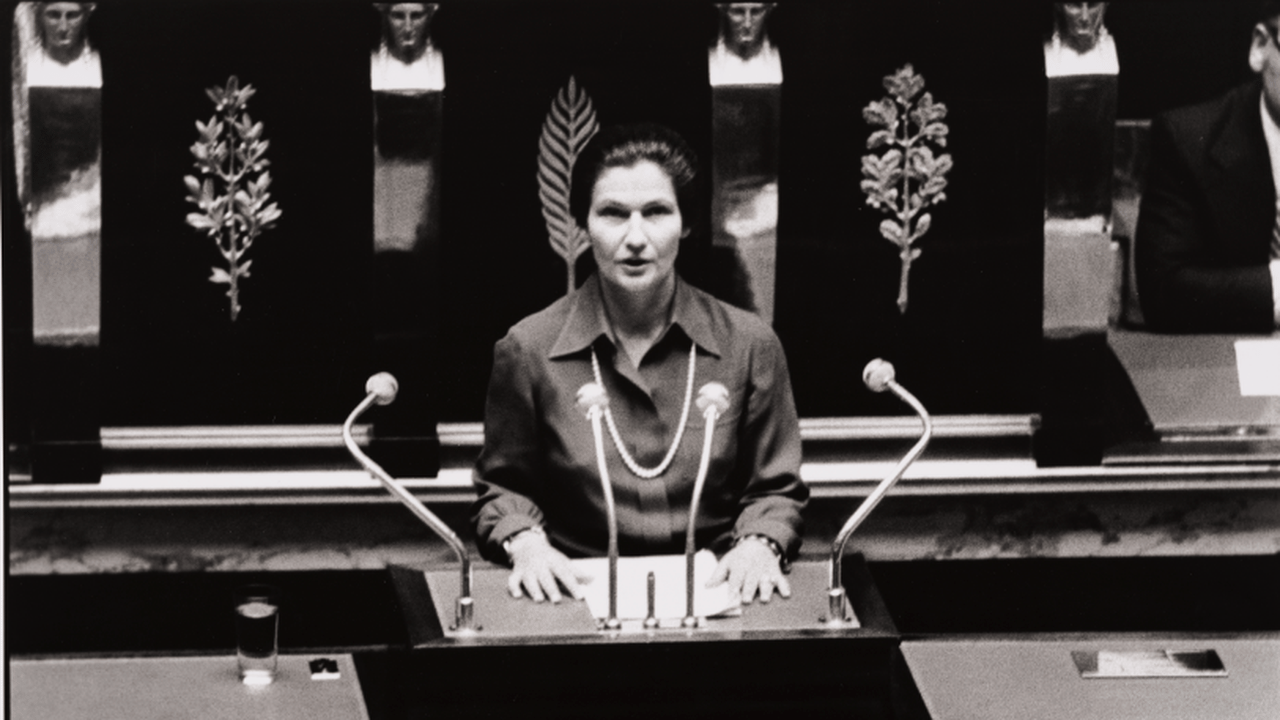- The Weekly Mensch
- Posts
- The Weekly Mensch: Simone Veil
The Weekly Mensch: Simone Veil
A Testament to Resilience, Conviction, and Courage—From Darkness to Becoming a Lighthouse
Us in a Nutshell
We are passionate about the lives, the impact, and the experience of Jewish baby boomers who have changed our world. From finance to the arts, we write about the stories of contemporary heroes who — significantly and meaningfully — changed the face of their respective industries, often starting with nothing but a legacy of exile. We tell their stories for the timeless lessons of intelligence, ethics, and resilience they underline. And we also share some fun anecdotes! Nathan Tob is a fourth-year student at the Queen Mary University of London. He studies Economics, Finance, and Management. Davy Sokolski is a third-year student at Columbia University in New York. He studies International Political Economy.
What is a Mensch?
Leo Rosten defines mensch as “someone to admire and emulate, someone of noble character.” Dr. Saul Levine writes in Psychology Today that a mensch’s personality characteristics include decency, wisdom, kindness, honesty, trustworthiness, respect, benevolence, compassion, and altruism.
Simone’s Rapid Bio

Credit: The Washington Post
Simone Veil (1927–2017) was a Holocaust survivor, legal scholar, and one of France’s most influential politicians and human rights advocates. Born Simone Jacob on July 13, 1927, in Nice, France, to a secular Jewish family, she was the youngest of four children. Her father, André Jacob, was an architect, and her mother, Yvonne, instilled in her a love for learning. In 1944, at the age of 16, Simone and her family were arrested by the Gestapo and deported to Auschwitz-Birkenau. She survived the Holocaust, but her parents and brother perished.
After the war, Simone pursued law and political science at the Institut d’Études Politiques de Paris (Sciences Po), where she met and married Antoine Veil. She later became a magistrate, working on prison reform and improving women’s rights in France’s Ministry of Justice.
Veil’s most defining moment came in 1974, when, as France’s Minister of Health, she championed the legalization of abortion through the "Veil Law", a groundbreaking and controversial reform that granted French women the right to abortion in 1975. Facing intense opposition and personal attacks, she defended the law with resilience and conviction, cementing her legacy as a trailblazer for women’s rights.
In 1979, Veil became the first elected President of the European Parliament, playing a key role in shaping European integration. She continued advocating for human rights, Holocaust remembrance, and European unity throughout her career. Later, she served on France’s Constitutional Council, ensuring the protection of democratic values.
Honoring her lifelong dedication to justice, Veil was inducted into the Académie Française in 2008, one of France’s highest intellectual honors. Upon her death in 2017, she was buried in the Panthéon, one of the rare women to receive this honor, alongside her husband Antoine.
Simone Veil’s life was a testament to resilience, justice, and the fight for dignity and equality. As a Holocaust survivor turned political leader, she transformed personal tragedy into a lifelong mission to defend human rights, women’s freedoms, and European unity.
Simone’s Life Lessons
1. Dignity is non-negotiable
Simone Veil endured one of history’s greatest horrors—deportation to Auschwitz at just 16 years old—where survival often meant abandoning one’s identity. Yet, even in the depths of cruelty, she clung to her dignity. One defining moment came when she refused to let the Nazis tattoo her full name on her arm, fearing that if she lost her name, she would lose herself. She later recalled, "The worst part of Auschwitz wasn’t the hunger or the exhaustion—it was the systematic attempt to strip us of our humanity." This belief in dignity shaped the rest of her life. As a politician, she fought relentlessly for those whose voices were ignored, from advocating for humane prison conditions to securing women’s reproductive rights in France. When she pushed forward the landmark law legalizing abortion in 1975, she faced harsh attacks, yet she stood firm, unwavering in her commitment to giving women control over their own bodies.
Dignity isn’t just about self-respect—it’s about recognizing and defending the humanity in others. Veil’s life teaches us that no circumstance, no hardship, and no amount of opposition should force us to abandon our core values. Whether in personal struggles or public fights, true strength comes from refusing to be diminished by fear, injustice, or adversity.
2. Defend your convictions no matter the opposition
Simone Veil knew that standing for what is right often comes at a cost—but she never backed down. In 1974, as France’s Minister of Health, she introduced the bill to legalize abortion, a move that ignited an unprecedented wave of hostility. She faced relentless attacks, including personal insults, hate mail, and even comparisons to the Nazis—a horrific irony for a Holocaust survivor. But Veil stood firm, delivering one of the most powerful speeches in French political history. She didn’t argue with anger; instead, she appealed to reason, justice, and empathy, stating: “No woman resorts to abortion with a light heart. You only need to listen to them. It’s always a tragedy.” Against all odds, the law passed, cementing her place as a defender of women's rights and human dignity.
Conviction is meaningless without the courage to defend it. Veil’s life reminds us that doing what is right is rarely easy—opposition is inevitable, and the loudest voices aren’t always the most just. Whether in business, leadership, or personal choices, standing firm in our beliefs requires resilience. But history remembers those who had the courage to stay the course, even when the world stood against them.
3. Never let the past be forgotten
For Simone Veil, memory wasn’t just about the past—it was a moral duty to the future. As a Holocaust survivor, she carried the weight of history not as a burden but as a responsibility. Having endured Auschwitz at just 16, she knew that silence and forgetting could be just as dangerous as hatred itself. When she became President of the European Parliament in 1979, she used her position to advocate for Holocaust remembrance, traveling to schools and international forums to share her story. Veil was instrumental in establishing Holocaust education initiatives in France, ensuring that future generations would never be ignorant of the horrors of the past. In her speech to the French National Assembly, she warned: "You will hear people say that we must turn the page, but one must read the page before turning it."
The past shapes the present, and forgetting it risks repeating history’s mistakes. Veil’s life teaches us that acknowledging hard truths isn’t about dwelling on suffering—it’s about learning from it. Whether in history, business, or personal struggles, the lessons of the past are guideposts for the future. True progress comes not from erasing hardship but from remembering it, honoring it, and using it as fuel to build something better.
The Quote of The Week
“I'm always rebellious! It's almost a reflex: when someone tells me something, I immediately want to argue the opposite”



Reply